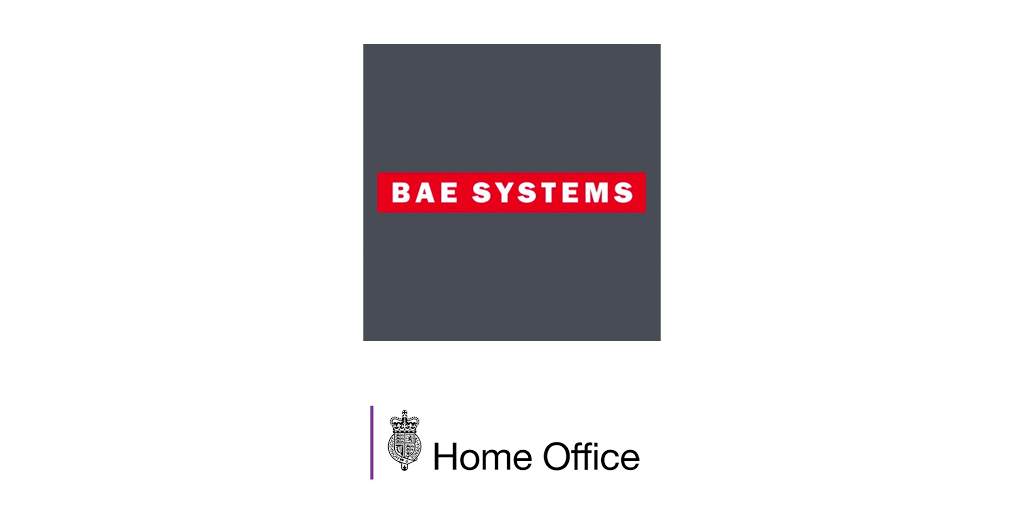
Transforming nationwide number plate recognition
Did you know that when you drive pass an Automatic Number Plate Recognition (ANPR) camera, your registration number is instantly checked against a database of vehicles of interest?
This ability to link different vehicles, locations and crimes is almost impossible to achieve by other means and, as a result, has made ANPR part of the UK’s critical national infrastructure and used to detect, disrupt and deter criminal activity at a local and national level. It has also allowed officers’ attention to be drawn to offending vehicles whilst allowing law abiding drivers to go about their business unhindered.
Until recently, however, its full potential was not being harnessed. Technology, process and data issues meant not all records captured could be used for evidential purposes. Given that timely access to ANPR data can make all the difference in threat to life situations, the time had come for a national system, offering a national data set. This would ensure continuity of vital services and also standardise the use of ANPR, and provide police forces and Law Enforcement Agencies (LEAs) with the tools they need.
That’s why the Home Office decided to build and deploy a world first: a National ANPR Service (NAS) which would replace 36 multiple federated ANPR systems and give LEAs, including the 43 Police Forces of England and Wales, access to a nationwide ANPR data-set with advanced analytics, live alerts and audit-control functions.
The programme launched in 2014 but stalled and was formally paused in May 2016, at which point BAE Systems Applied Intelligence was engaged to conduct a joint programme review with the Home Office that identified a number of key remedial activities. Our services covered design, build and test along with robust and diligent programme and technical leadership. We also focused on business case development and maintenance, commercial management, data assurance and exploitation, business change, solution architecture, supplier management and programme assurance.
Eight months after the completion of the review, NAS delivered its first pilot service to a Police Force, and 18 months after the pilot, NAS went live. It has been rolled out at a pace not previously seen across the UK’s highly complex policing landscape with 43 forces on-boarded within five months. By contrast, the last national policing programme took over two years to achieve a similar goal.
Today, every police feeds its data into NAS, with 12 using the system operationally as well as eight LEAs. By the first quarter of 2020, every police force and an estimated 16 approved LEAs will use NAS as the primary system for ANPR in the UK. Delivery of this key transformational programme will better protect UK citizens, reduce operational policing costs and catalyse a wide range of transformative efficiencies across approved LEAs.
The UK is now the global leader in the use of ANPR.

